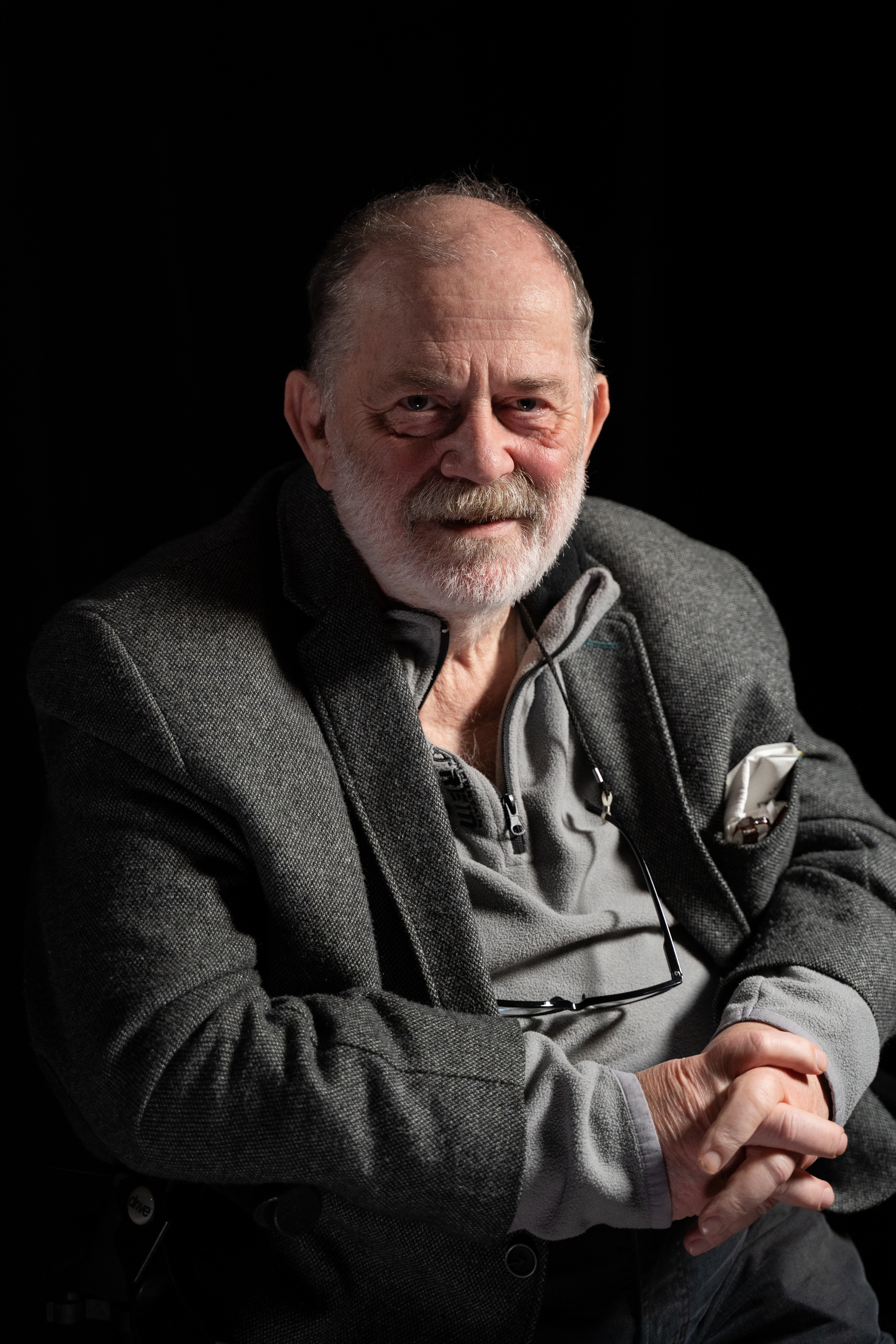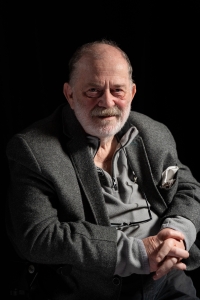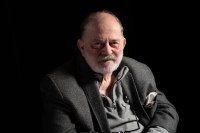At home, the war was not discussed

Download image
Klaus Hammerlik was born in 1954 in Riesa. His father, Kurt Johannes Hammerlik, grew up in Silesia and was twenty years old when Germany invaded Poland, subsequently starting the Second World War. He was drafted almost immediately as part of the Sicherheitspolizei which operated behind the front lines. Later, he was ordered to the front. During the Battle of Stalingrad, he was severely injured and one of the last people to be flown out before the 6th army was annihilated. He returned to his wife in Silesia and was assigned to the local air-raid protection. With the Red Army approaching, Kurt Hammerlik sent his wife and infant son to Riesa where his uncle lived. He himself got taken prisoner of war by the Soviet army. In November 1945, he found his wife and son again after having escaped the captivity. On the day after his arrival, Kurt Hammerlik joined the SPD [Social Democratic Party Germany]. In 1954, the second son was born and named Klaus. He joined the NVA (East German army) and later studied Marxist-Leninist philosophy and became a teacher. In 1989, he joined the New Forum, an East German movement that strove for reforming and reshaping the GDR. He was active in various initiatives supporting people with disabilities and is committed to social work in his local church.

